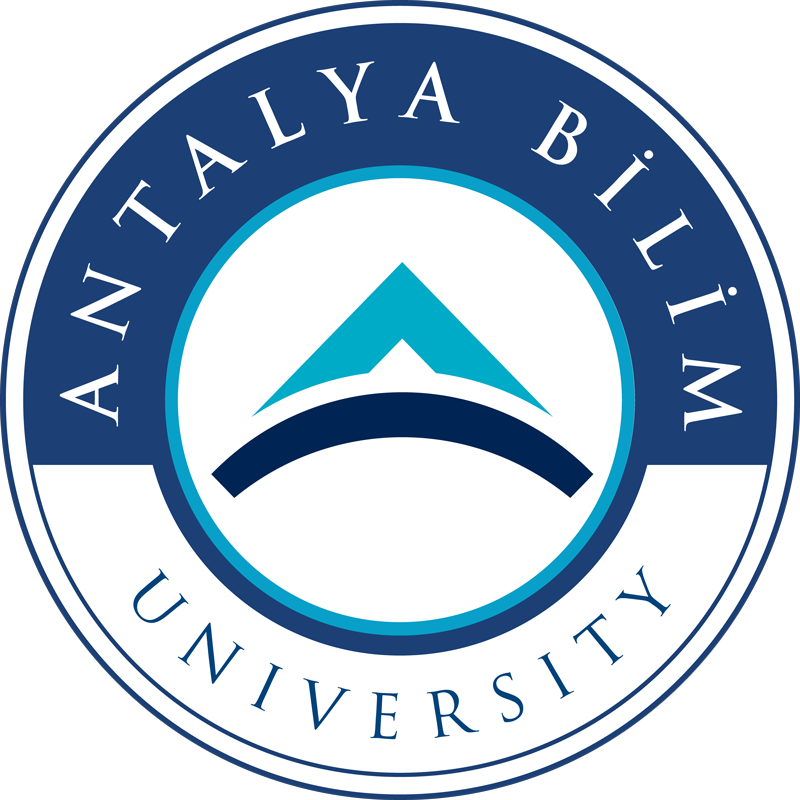Antalya Bilim University (ABU), which aims to enhance its international visibility and reputation in research and educational activities by identifying its vision as “becoming a leading university in entrepreneurship, capable of competing on an international platform through innovative and practice-oriented scientific research and education,” also strives to perceive intercultural differences as richness, aiming to achieve social outreach and contribution at local, regional, and global levels, as stated in its mission. ABU, constructing its internationalization policy with this approach, integrates all its activities with an international perspective to increase the human, social, cultural, and economic capital of the country and the global community; to enhance cultural diversity; to raise the competitive power of the country and the institution; and to develop its staff and organizational structures in a way that can achieve all these goals and generate income for the institution. In this regard, necessary measures are taken to implement this policy sustainably with the correct recognition and adoption of the following goals and strategies by internal and external stakeholders:
• Evaluating the opportunities offered by the geography and the city of Antalya, it establishes and strengthens support units, encouraging activities and events that will increase the institution's visibility and create cash resources to become a center of attraction for qualified international students and reputable researchers;
• It implements practices such as arranging exchange agreements that provide international mobility for its students and staff to contribute to mutual communication, cooperation, and the transfer of knowledge and culture on an international scale, aligning its academic curriculum with quality and accreditation processes, supporting joint research and development projects with external partners, hosting international scientific meetings, employing foreign faculty members, and signing mutual understanding/agreement texts through international protocols;
• To ensure its students grow as well-equipped, innovative, pioneering, and internationally competitive individuals, it enhances the quality of its administrative and academic staff and related organizational structures, which play advisory and guiding roles in both the international internship programs where students gain the necessary experience during their education and the career plans they follow after graduation. It places importance on foreign language education and provides opportunities for communication and mutual interaction by tracking its graduates who continue their careers in foreign or internationally integrated domestic companies through concrete data;
• In this context, it supports the effective and widespread use of necessary information and digitization technologies by investing in their planning, implementation, supervision, and continuous improvement in all these processes and practices related to its internationalization policy.
